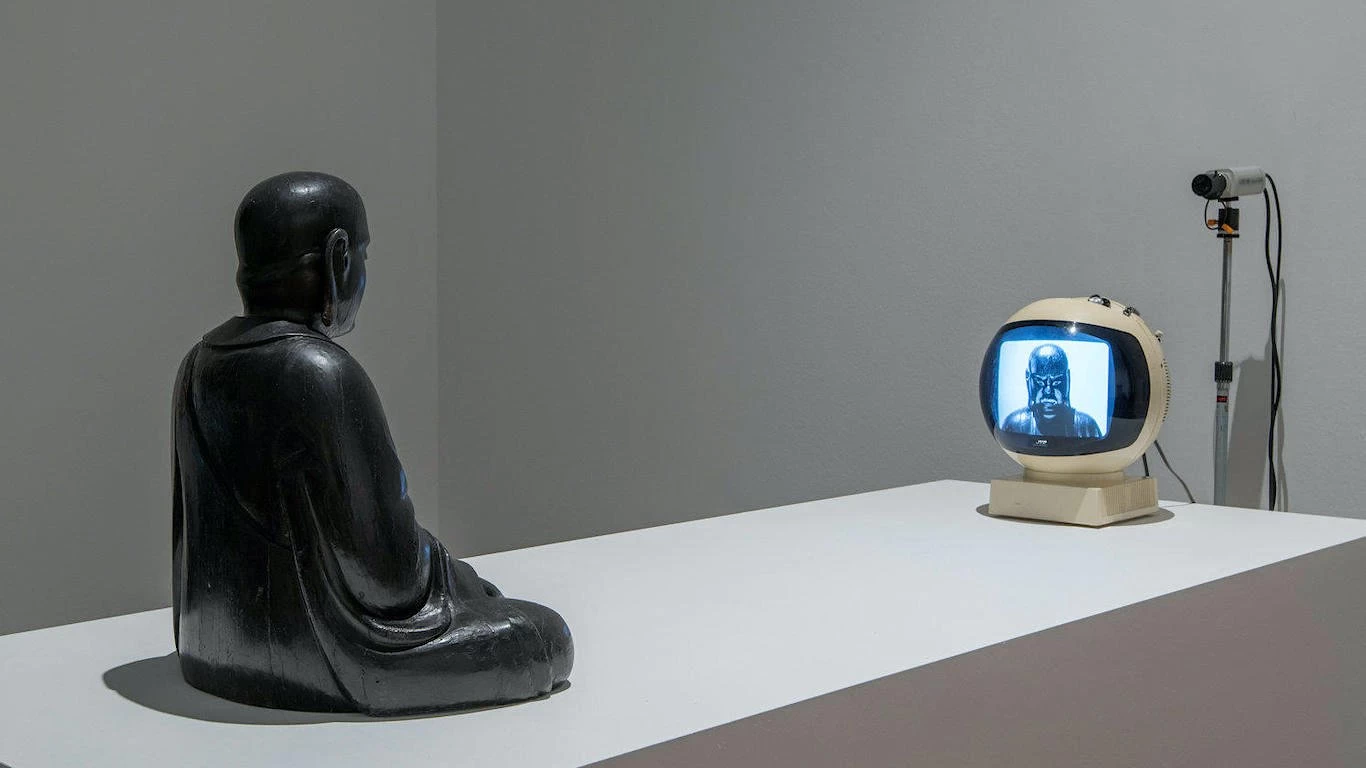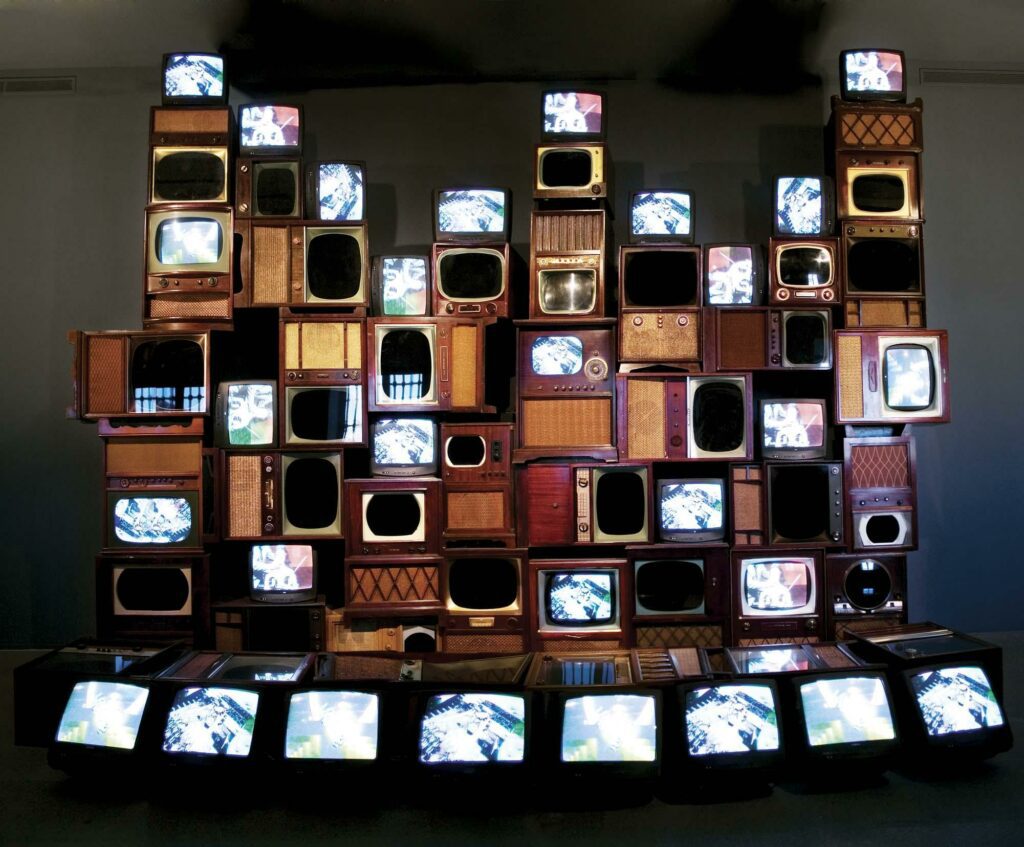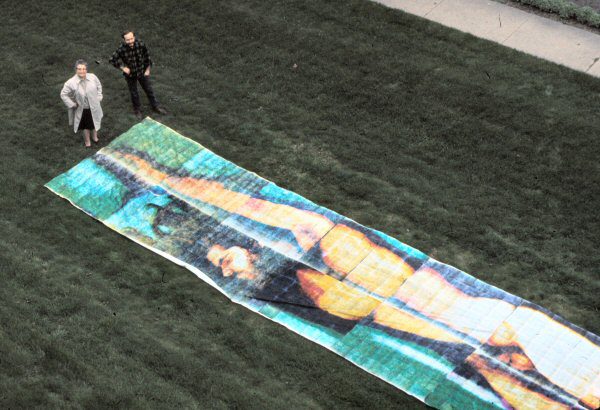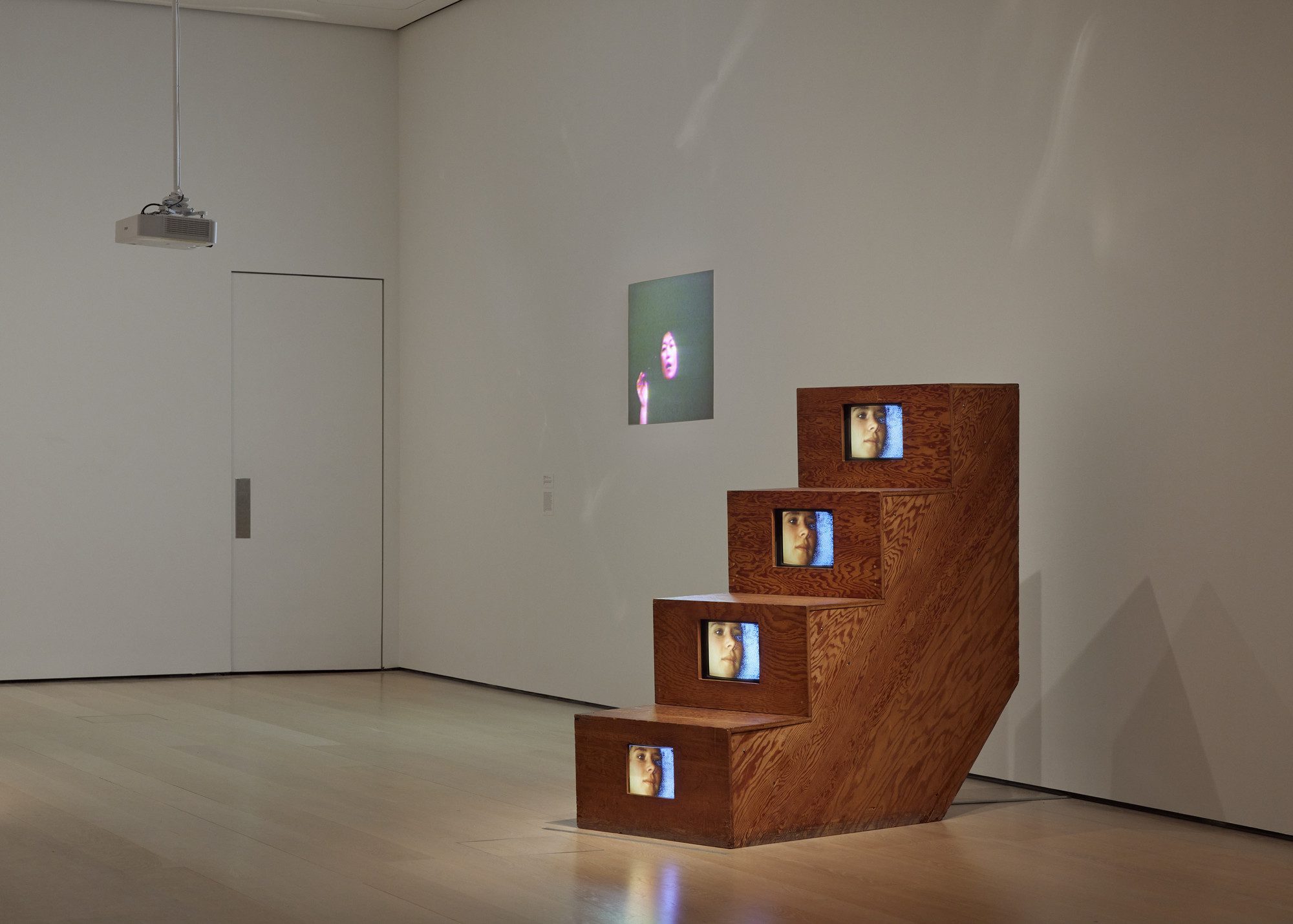Throughout the course of art history, there have been many visionaries who have shown the ability to anticipate future artistic movements. As digital artists continue to gain prominence and interest among creative disciplines with exhibitions or even festivals dedicated purely to digital creation, it is astounding to look back and acknowledge those who predicted the emergence of this innovative art form.
Long before there was Google, Instagram, or even the internet, a group of artists envisioned a future where the art world would feed off inspiration from the digital realm. These pioneers conceived a deep understanding of the ever-evolving relationship between art and technology and embarked on demonstrations that would lay the foundation for the digital art movement we are able to witness today.
In their artistic practice, they were able to see that new media was not just a tool for information, but a new artistic language able to create immersive experiences. Their contributions to art history opened the path for the digital artists of today foreseeing a future where computer algorithms would intertwine with reality, and virtual spaces would be tangible.
Nam June Paik, one of the most remarkable artists of our times, is actually to be considered an early predictor of the internet. Want to know more?
Keep reading to learn more about the artists that predicted the transformative power of digital art!
Nam June Paik (1932-2006):
The Korean-American artist is widely recognized as the father of video art. In the 1960s, Paik began experimenting with television sets, modifying them to create artistic installations. June Paik envisioned a future where technology would become an integral part of artistic expression, his ground-breaking works explored the convergence of art, technology, and popular culture, foreshadowing the immersive digital experiences that would define digital art decades later.
One of his most iconic works is “TV Buddha” a video sculpture produced in 1974 where a Buddha is placed watching an image of itself expressing the contrasts and parallels between East and West and between technology and spirituality.
Sonia Landy Sheridan (1925-2021):
The American artist and educator, was an early pioneer in the field of computer-generated art. In the 1960s, she foresaw the potential of computers as a medium for artistic creation and began experimenting with computer-generated imagery. Sheridan’s visionary work laid the foundation for the integration of technology and art, showcasing the possibilities of digital aesthetics and the manipulation of virtual space.
Vera Molnár (1924-present):
Born in Hungarian she stands as a true visionary who foresaw the transformative power of digital art. With her innovative approach, Molnár emerged as a pioneer of computer-generated art, pushing the boundaries of artistic creation. In the 1960s, she delved into the mathematical foundations of art and harnessed the potential of algorithms to generate intricate geometric patterns. Molnár’s groundbreaking work not only anticipated the rise of digital art but also highlighted the profound fusion of mathematics and artistic expression in the digital realm.
Shigeko Kubota (1937-2015)
Shigeko was a Japanese-American artist who is widely known for her contributions to the Fluxus Movement. Inspired by her studies in traditional Japanese art, her encounters with avant-garde artists in New York motivated her to explore video as a medium of artistic expression. Kubota’s innovative use of video technology in her artworks, often combining performance, sculpture, and multimedia elements, challenged the boundaries of art and positioned her to the forefront of the emerging video art movement. Her notable works, such as “Vagina Painting” and “My Father,” demonstrated her bold and introspective approach to addressing personal and social themes.





